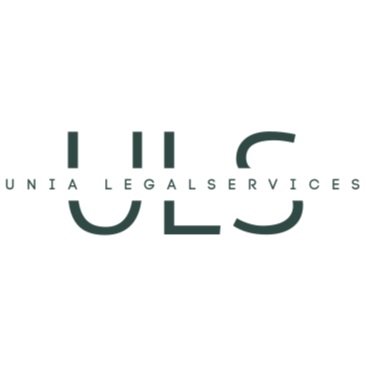
Qualified legal support. Right here. Right now.
Our services
Landlord Tenant Board
The Landlord Tenant Board (LTB) is a regulatory body that oversees disputes and conflicts between landlords and tenants in Ontario. It provides a forum for resolving issues related to rental agreements, including disputes over rent, maintenance, and eviction.
Provincial Offences Act
The Provincial Offences Act (POA) is legislation in Ontario that governs the prosecution of non-criminal offences, such as traffic violations, municipal bylaw infractions, and other regulatory breaches. It provides the legal framework for enforcing provincial statutes and regulations through a streamlined adjudication process, typically overseen by provincial courts or administrative tribunals.
Human Rights
Human rights are fundamental rights and freedoms inherent to all individuals, regardless of their nationality, ethnicity, gender, religion, or any other status. Human rights include civil and political rights, such as the right to life, freedom of speech, and the right to a fair trial, as well as economic, social, and cultural rights, such as the right to education, health care, and employment.
Small Claims Court
Small claims court is a specialized legal venue designed to resolve disputes involving an amount of up to $35,000. It offers a simplified and expedited process compared to traditional civil courts, making it accessible to individuals and small businesses seeking resolution for issues such as unpaid debts, property damage, or breach of contract.
Employment Law
Employment law encompasses a wide range of legal principles and regulations governing the relationship between employers and employees in the workplace. It covers various aspects such as hiring, wages, working conditions, discrimination, harassment, termination, and workplace safety.
Notary Public
A Notary Public is a legal professional authorized by the government to witness and certify the signing of documents, administer oaths, and perform other administrative functions. Notaries often witness signatures on important documents such as contracts, affidavits, wills, and powers of attorney, certifying that the signatories are who they claim to be and that they signed the document willingly and with full understanding of its contents.



